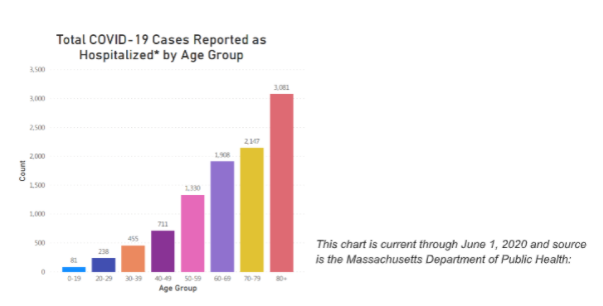CRLS Student-Made Organization Distributes Masks Across Cambridge
Courtesy of the Cambridge Health Alliance
As cases rise in Cambridge, so does the need for masks.
June 16, 2020
As CDC recommendations to wear masks in public locations and new state-issued regulations came into place, western countries quickly followed suit in making mask-wearing the norm. However, due to heavy demand and insufficient preparation from the federal government, American stores swiftly ran out of stock of masks as COVID-19 cases rose drastically. In March of 2020, the Health and Human Services department reported that there were only 12 million N95 masks in their emergency supply—far short of the 3.5 billion the American healthcare system needed to combat the virus. In response to these mask shortages, Luke Santos, a rising senior at CRLS, started Mask Up, a student initiative to slow the spread of the coronavirus by distributing homemade masks to the Cambridge community.
Santos, who had initially called out for support in starting the project to his peers via Snapchat, said that he originally sought to help “vulnerable communities such as our homeless population, who don’t have the luxury of socially distancing.” Mask Up regularly donates cloth masks to local homeless shelters such as Y2Y, Friday Cafe, and the Harvard Square Churches Meal Program. Santos described the organization as a organically collaborative effort, saying “We found a way for every student to get involved—some people had sewing machines so they sewed masks, others had cars so they could deliver masks, we even had help from a CRLS student (Max Perman ’21) with designing our logo and graphics.” The group’s core team is composed of many CRLS students, including Sofia Mrowka ’21, Nuriel Vera Degraff ’22, Elena Cooper ’21, Josie O’Toole ’21, Luc Denney ’21, and Avani Banerji ’21.
As of June 7th, Mask Up had donated 816 masks to over 60 organizations and individuals—an impressive statistic considering the organization’s two month time span and its limited team of staff. Santos said he felt admiration for the Cambridge community, commending their capability “of coming together when faced with a crisis.” On this same notion, Mask Up member Degraff said that the “response has been overwhelmingly positive: everyone was unbelievably grateful.”
As summer rapidly approaches, it is essential to keep in mind that the pandemic is far from over. While mask wearing is crucial to slowing down the virus’s spread, it is important to remember other necessary precaution steps. Susan Feinberg from the Cambridge Health Alliance affirmed that, “a face covering does not replace physical distancing, frequent handwashing, avoiding touching the face or mask exterior, and staying away from people who are ill.” The CHA report found that 81 COVID-19 cases in Cambridge came from the age 0 to 19 demographic, and 238 were found in the 20 to 29 demographic (full statistics shown in the graphic above). Feinberg stated that the CHA’s biggest concern with the virus moving into the future was that “As time goes by people may experience ‘pandemic fatigue’ and become less vigilant about physical distancing, wearing face coverings, and handwashing, and that there will be an uptick in infections as a result.”
Though Mask Up is suspending production on June 13th, it is imperative that their objective lives on. On the note of moving forward, Santos said that, “the best thing we can do right now is to stick to social distancing and follow public health guidelines. With summer basically here it’s going to be very tempting to go enjoy the outdoors with friends, but we really need to stay vigilant to prevent a second wave so we can go back to semi-normalcy.”









